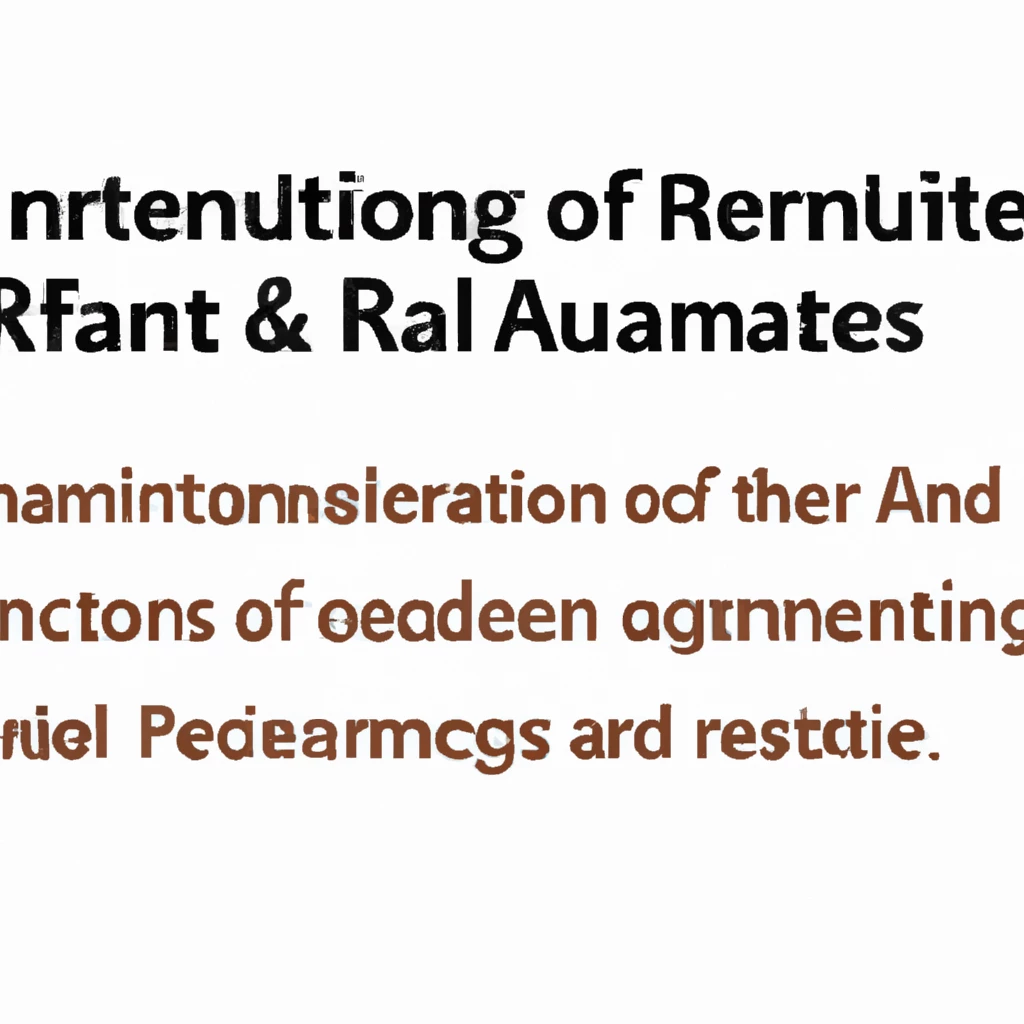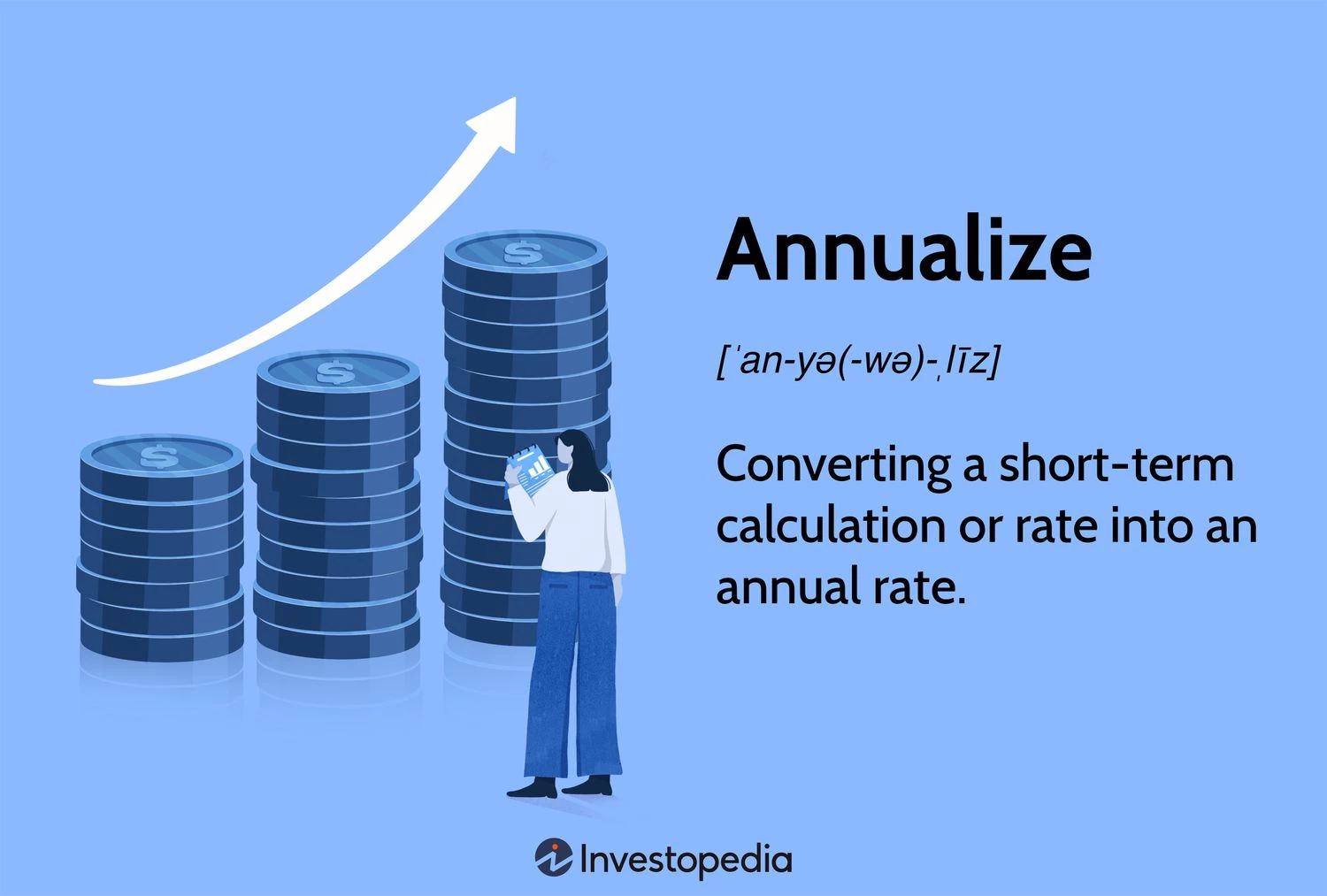What Factors Determine a Company’s Stock Price and Market Capitalization?
Market capitalization, often referred to as market cap, is a fundamental metric that assesses a company’s total market worth based on its stock price and outstanding shares.
Any fluctuation in a stock price directly impacts a company’s market cap proportionally, underscoring why investors closely monitor stock prices. For instance, a mere $0.10 dip in stock price could translate to a substantial loss on paper for a shareholder holding a significant number of shares.
How Is Share Price Determined?
In the stock market, share prices are primarily dictated by the interplay of supply and demand, akin to other economic markets. Each sale of a stock involves an exchange of money for ownership, influencing the prevailing market price. Subsequent sales further influence this price dynamics.
Various techniques, like dividend discount models (DDMs), aim to predict a company’s future stock price by factoring in expected dividend payments discounted to their present value. This calculation leverages the time value of money theory.
Market capitalization is derived by multiplying the share price with the outstanding shares: Market Capitalization = share price x number of shares outstanding.
Initially established in an initial public offering (IPO), a company’s market cap is determined by a third party, typically an investment bank, before going public. Post-IPO, supply and demand forces dictate share price fluctuations.
The stock exchange trading reflects this demand-supply dynamics, where high demand elevates prices while doubts on future growth can exert downward pressure on stock prices.
Illustratively, compare Microsoft (MSFT) and Meta (META) with their stock prices and outstanding shares to gauge the companies’ respective valuations.
Misconceptions About Market Capitalization
Market cap categorization as large or small cap does not gauge a company’s equity value—it requires a comprehensive analysis of the company’s fundamentals.
Market capitalization may not accurately reflect a company’s intrinsic worth, as market prices can deviate from true value due to market sentiments.
Market price indicates market sentiment on share value rather than the actual business valuation.
Despite measuring all shares’ cost, market cap does not signify the acquisition cost of a company in a merger activity.
While often conflated with market value, market cap exclusively represents the equity value of a company, excluding debt or asset value in its entirety.





